Posted on 10/1/2024
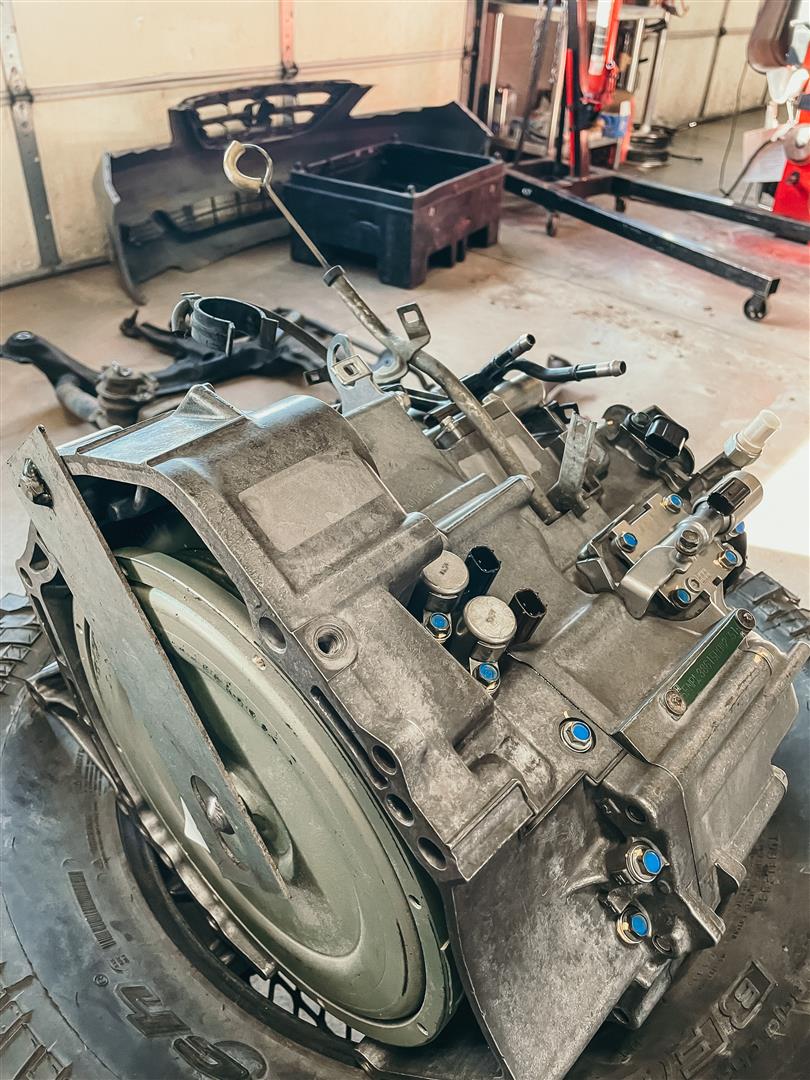
When it comes to vehicle maintenance, one of the most overlooked services is transmission fluid replacement. While many car owners focus on oil changes, tire rotations, and brake checks, they may not realize that regularly servicing transmission fluid is just as crucial. Your vehicle’s transmission system is responsible for ensuring smooth gear shifts and efficient power transfer to the wheels. Keeping it well-maintained can prevent serious issues down the road. Let’s explore the key benefits of servicing your transmission fluid: 1. Extended Transmission LifespanTransmission fluid is the lifeblood of your car’s transmission system. Over time, the fluid can become contaminated with dirt, debris, and metal particles from the gears. These impurities cause wear and te ... read more
Posted on 9/24/2024
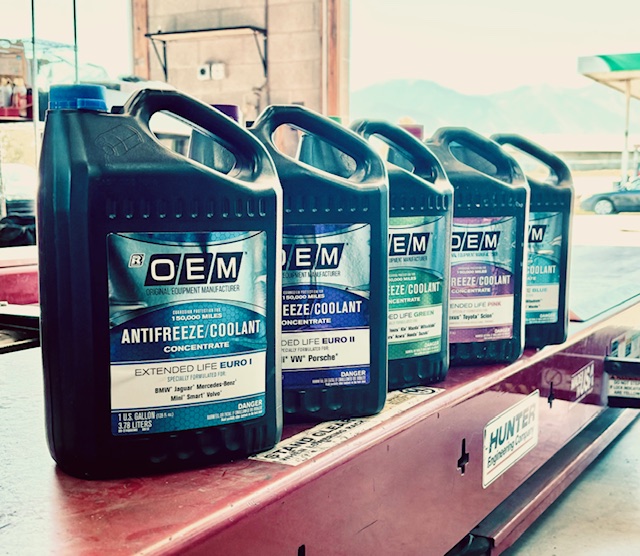
Your vehicle is in the shop for routine maintenance, and the technician recommends a Coolant System Exchange. You might wonder, "Is this really necessary?" The answer is yes! At Dickerson Automotive, we, like most trusted repair shops, follow a general rule: a coolant exchange should be done every 5 years or 100,000 miles, whichever comes first. Here's why it's so important. Over time, the anti-freeze in your vehicle becomes more acidic and begins to lose its rust-inhibiting properties. This can lead to corrosion and rust buildup inside the cooling system, which puts critical components like the radiator, water pump, and thermostat at risk of failure. Left unchecked, these issues can cause your vehicle to overheat, potentially leading to costly repairs or breakdowns. Performing a coolant system exchange ensures that these components ... read more
Posted on 9/4/2024
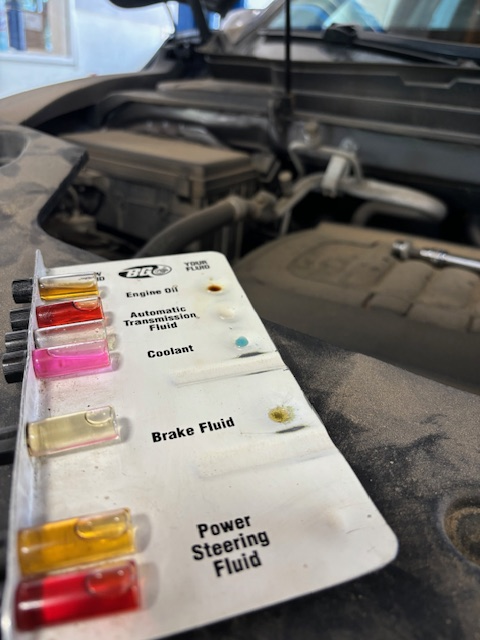
When your repair shop recommends fluid exchanges for your vehicle, you might wonder, "What does that really mean?" Most of us are familiar with regular oil changes, but did you know your vehicle actually relies on up to seven different fluids to keep all its components running smoothly? Let’s dive into what these fluids do and why maintaining them is crucial for your vehicle’s longevity. The Essential Fluids in Your Vehicle Aside from engine oil, your vehicle has several other fluids that play vital roles: Transmission Fluid: This fluid keeps your transmission system cool and lubricated, ensuring smooth gear shifts and prolonging the life of the transmission components. Coolant (Antifreeze): Coolant regulates the engine’s temperature, preventing overheating and freezing in extreme temperatures. It also protects the engine’s internal components from corrosion. Brake Fluid: Essentia ... read more
Posted on 8/6/2024
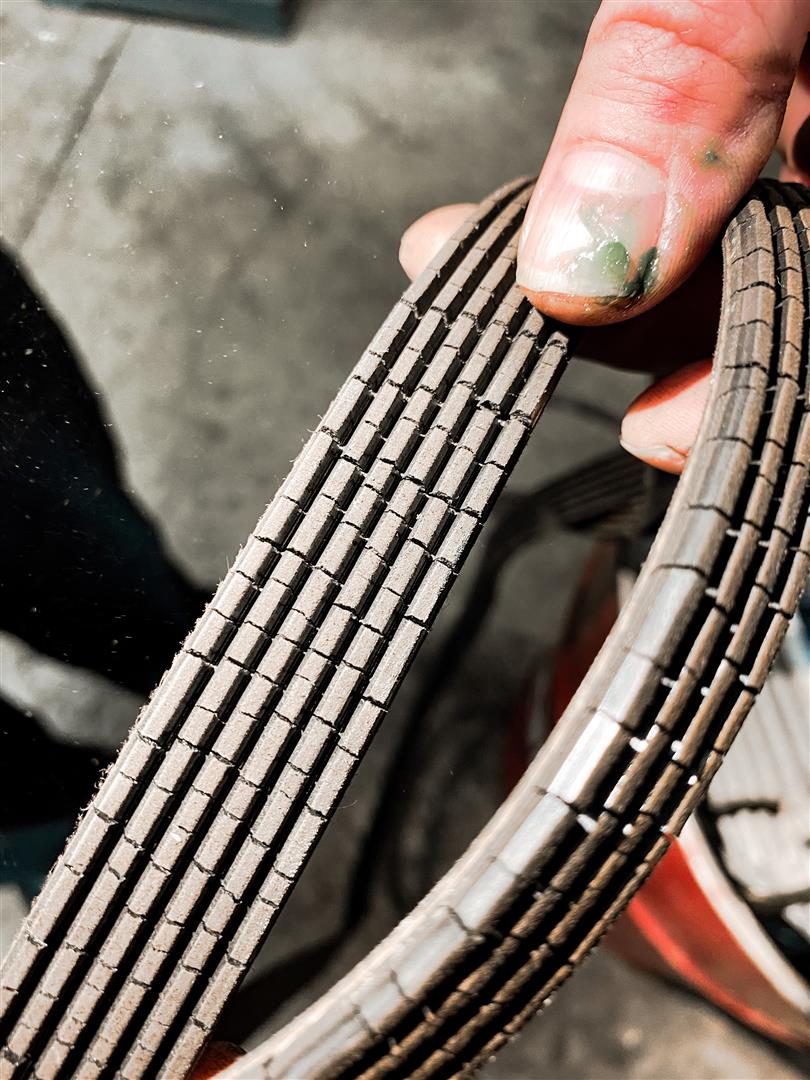
The Importance of Serpentine Belt Replacement and Symptoms of a Worn Belt The serpentine belt is a crucial component of your vehicle's engine, responsible for driving multiple peripheral devices such as the alternator, power steering pump, water pump, and air conditioning compressor. Keeping this belt in good condition is vital for the proper functioning of your car. Here’s why timely serpentine belt replacement is important and how to recognize the signs of a worn belt. Why Replace the Serpentine Belt? 1. Prevent Engine Overheating: The serpentine belt drives the water pump, which circulates coolant through the engine. A failed belt can cause the engine to overheat, leading to significant damage. 2. Maintain Power Steering: Without a functioning serpentine belt, the power steering pump won't operate, making the vehicle difficult to steer and increasing the risk o ... read more
Posted on 7/10/2024
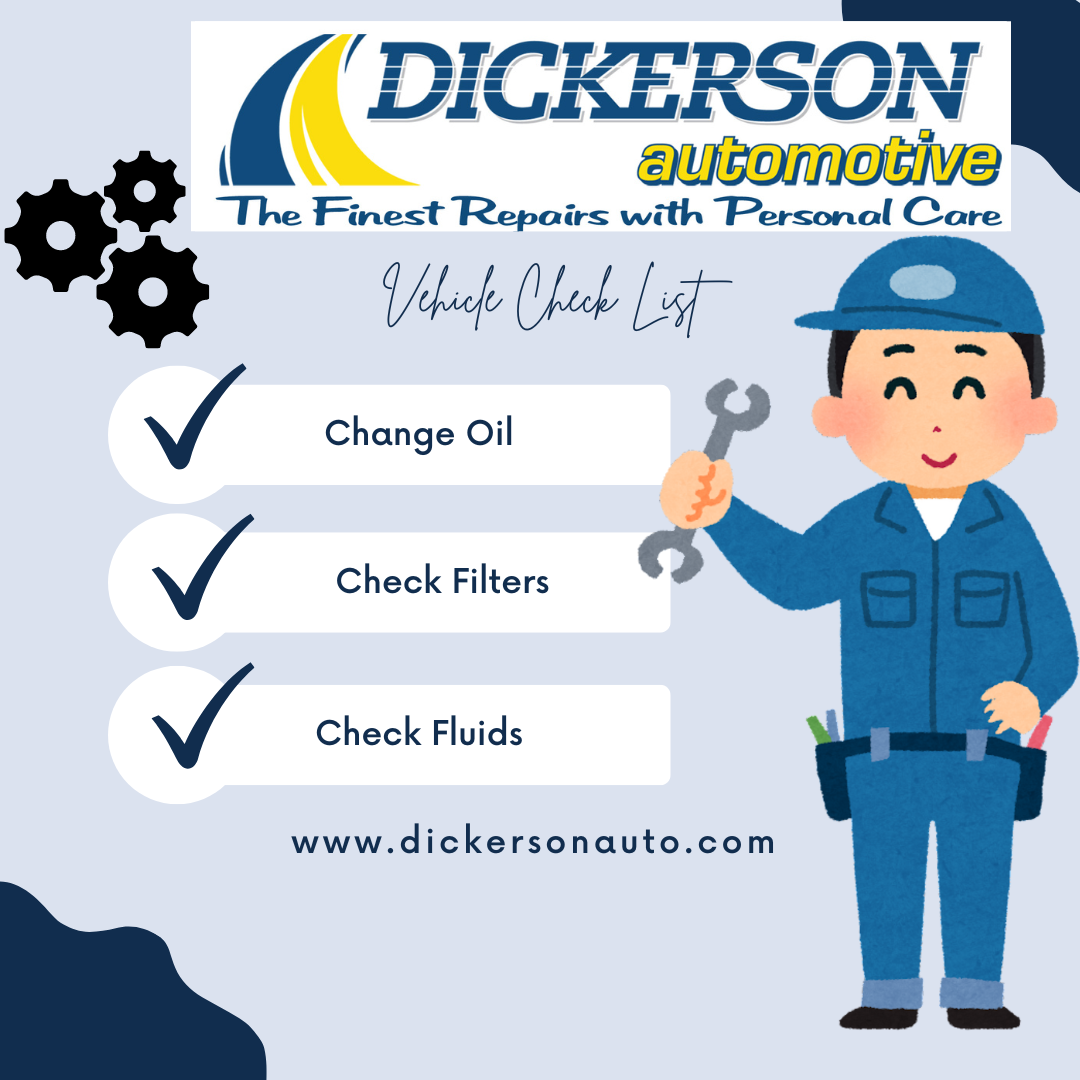
Owning a car comes with the responsibility of regular maintenance to ensure it runs smoothly and reliably. Neglecting essential upkeep can lead to unexpected breakdowns and costly repairs. Here are the top five car maintenance tasks that can help prevent breakdowns and keep your vehicle in top condition: 1. Regular Oil Changes Oil is the lifeblood of your car's engine. It lubricates the engine components, reducing friction and preventing overheating. Over time, oil breaks down and becomes contaminated with dirt and debris, losing its effectiveness. Regular oil changes, typically every 3,000 to 5,000 miles, ensure that your engine stays well-lubricated and operates efficiently. 2. Check and Replace Air Filters Air filters prevent dirt, dust, and debris from entering your engine and affecting its performance. A clogged air filter can reduce fuel efficiency, increase emissions, and lead to engine problems. Check your air ... read more